{"article":{"id":"2222161","title":"EU declares war on cyber security threats that exploit smart devices","description":"European countries have just officially reached a new agreement on regulations for connected electronic devices, creating a turning point in the cyber security war.","contentObject":"
On November 30, EU countries officially reached an agreement on new rules to protect electronic devices (laptops, refrigerators, mobile apps and other Internet-connected devices) from cybersecurity threats.
\nThe decision comes amid a growing number of attacks and ransom demands around the world in recent years.
\nThese rules proposed by the European Commission in 2022, called the Cyber Resilience Act, will apply to all electronic products that can be directly or indirectly connected to other devices or the Internet.
\nNew EU regulations impose strict cybersecurity requirements on the design, development, manufacture and sale of electronic devices, including hardware and software.
\nManufacturers are required to assess the cybersecurity risks of their products, provide a commitment to compliance with the standard, and provide a warranty for product security defects for the expected lifetime or for a minimum of five years.
\nManufacturers must also provide greater transparency about hardware and software security to individual consumers and businesses, and report cyber incidents to local authorities.
\nImporters and distributors will be required to closely check the level of compliance with EU regulations for the products they trade.
\n“Network-connected devices must have a basic level of security when sold in the EU, ensuring businesses and consumers are fully protected against cyber threats,” stressed Jose Luis Escriva, Spain’s Minister of Digital Transformation.
\nThe European Commission estimates that new cybersecurity regulations could save companies up to €290 billion annually in cyberattack mitigation, with an initial cost of just €29 billion.
\n(according to Securitylab)
\nA unique direction in AI chatbot development in China
\nChina leaps ahead in testing smart connected vehicles
\nChina Becomes a Hotspot for Fintech Innovation and Adoption
\nTikTok pledges €12 billion investment to build independent data center in Europe
\nLeaders of 5 social media giants to testify before US Senate
\nEuropean countries have just officially reached a new agreement on regulations for connected electronic devices, creating a turning point in the cyber security war.

On November 30, EU countries officially reached an agreement on new rules to protect electronic devices (laptops, refrigerators, mobile apps and other Internet-connected devices) from cybersecurity threats.
The decision comes amid a growing number of attacks and ransom demands around the world in recent years.
These rules proposed by the European Commission in 2022, called the Cyber Resilience Act, will apply to all electronic products that can be directly or indirectly connected to other devices or the Internet.
New EU regulations impose strict cybersecurity requirements on the design, development, manufacture and sale of electronic devices, including hardware and software.
Manufacturers are required to assess the cybersecurity risks of their products, provide a commitment to compliance with the standard, and provide a warranty for product security defects for the expected lifetime or for a minimum of five years.
Manufacturers must also provide greater transparency about hardware and software security to individual consumers and businesses, and report cyber incidents to local authorities.
Importers and distributors will be required to closely check the level of compliance with EU regulations for the products they trade.
“Network-connected devices must have a basic level of security when sold in the EU, ensuring businesses and consumers are fully protected against cyber threats,” stressed Jose Luis Escriva, Spain’s Minister of Digital Transformation.
The European Commission estimates that new cybersecurity regulations could save companies up to €290 billion annually in cyberattack mitigation, with an initial cost of just €29 billion.
(according to Securitylab)
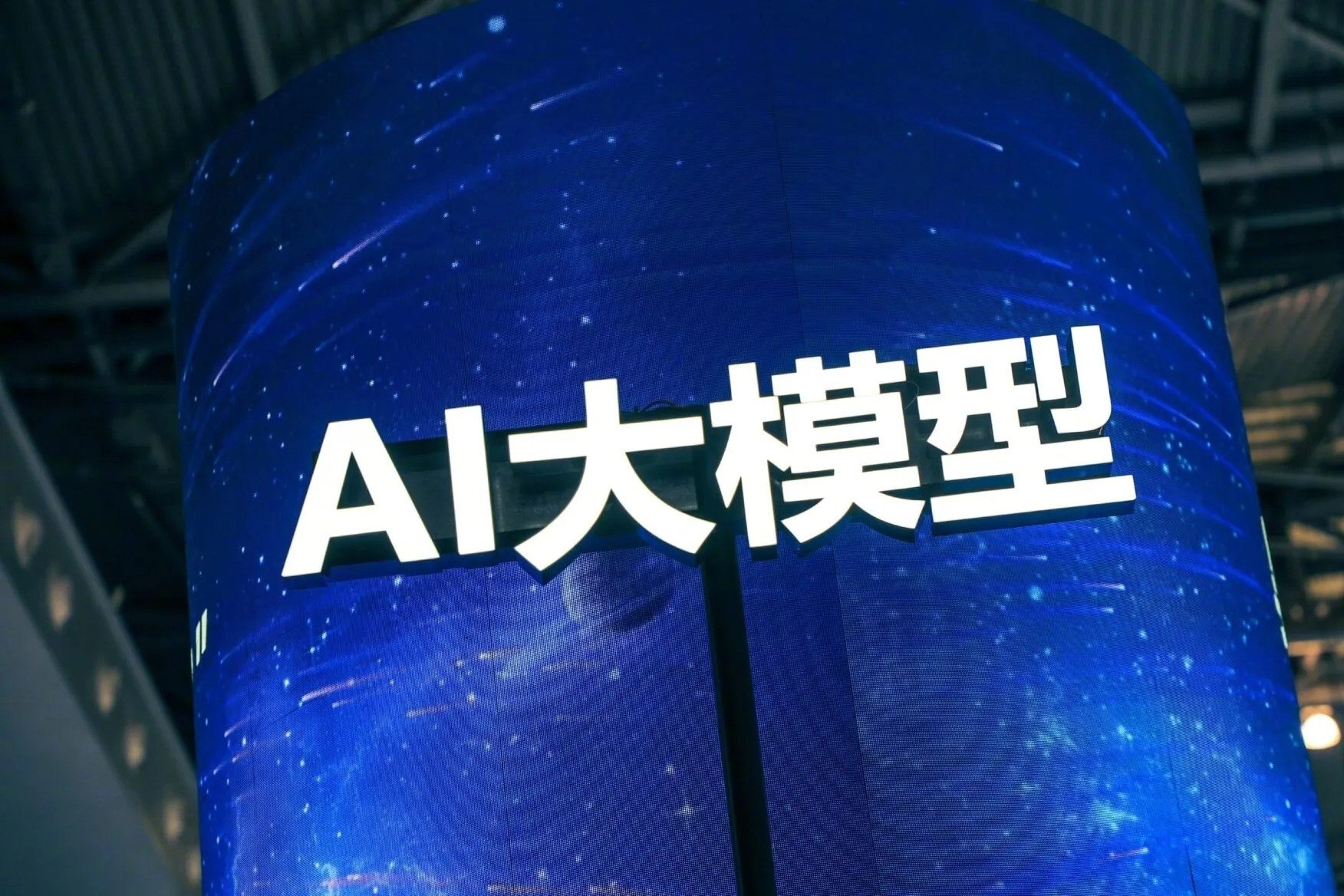
A unique direction in AI chatbot development in China
Taking advantage of the market that OpenAI and Google left open, Chinese tech companies are making significant profits from the personalization trend in AI chatbot development.
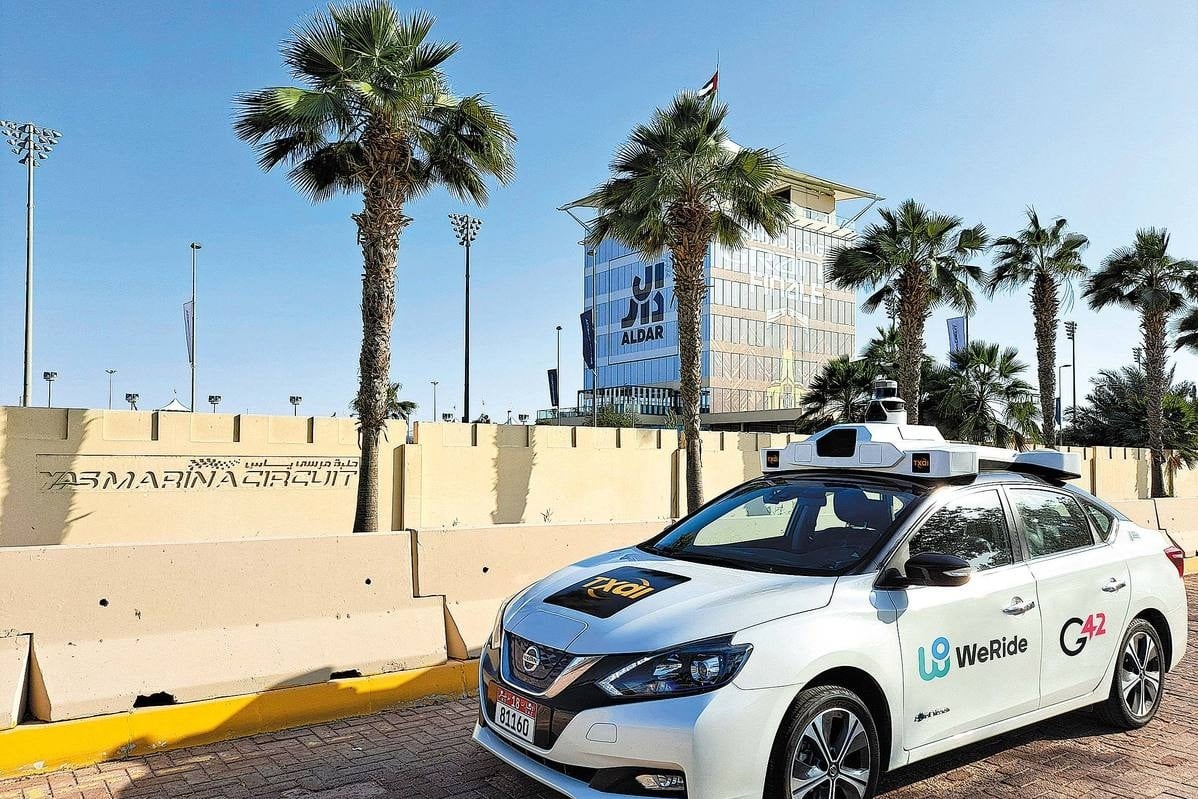
China leaps ahead in testing smart connected vehicles
China has decided to allow testing of smart connected vehicles on its streets, marking a step towards its ambition to dominate the global market.
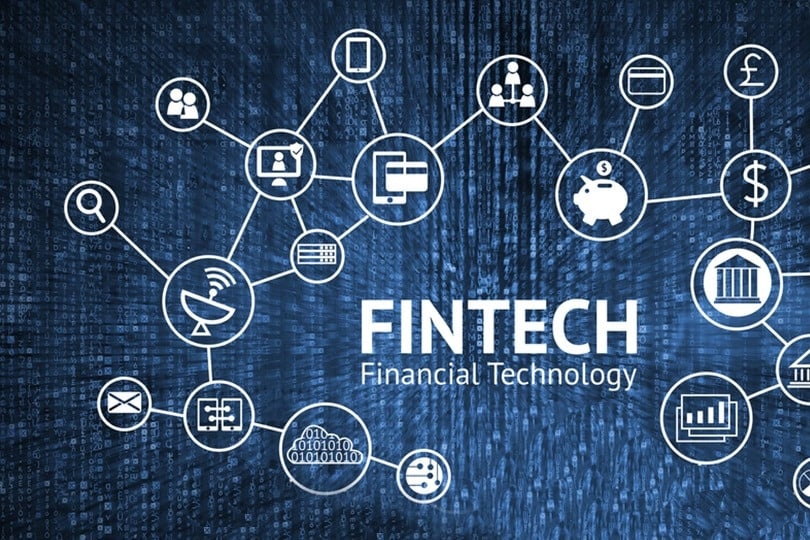
China Becomes a Hotspot for Fintech Innovation and Adoption
China's Fintech sector has undergone incredible growth in recent years, helping to reshape the way financial services are delivered in the country.
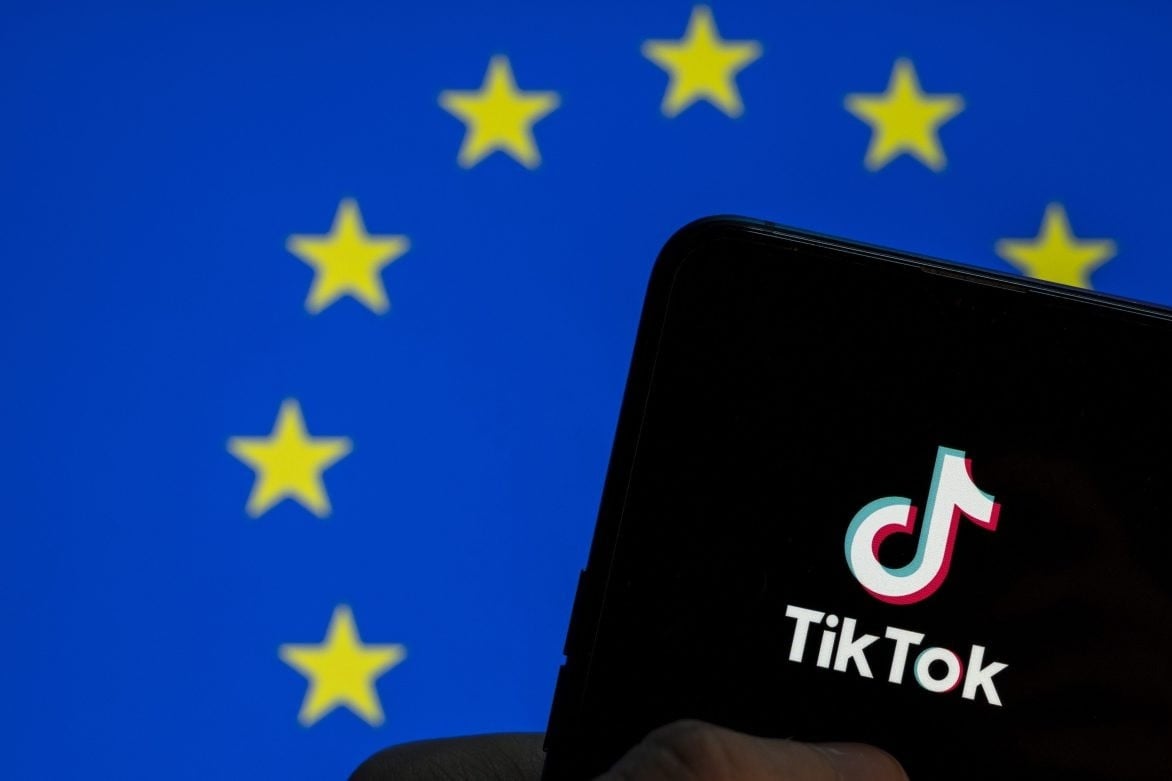
TikTok pledges €12 billion investment to build independent data center in Europe
Under the roadmap to make European user data management transparent, TikTok has committed to investing 12 billion euros to build new data centers in Europe over the next 10 years.

Leaders of 5 social media giants to testify before US Senate
The CEOs of major social media companies such as Meta, X, TikTok, Snap and Discord have been summoned and have confirmed that they will participate in an upcoming hearing before the US Senate.
Source

























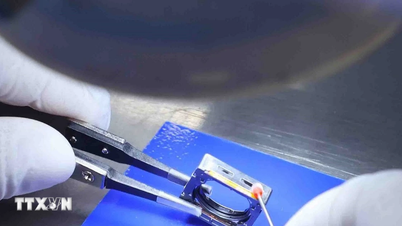

















































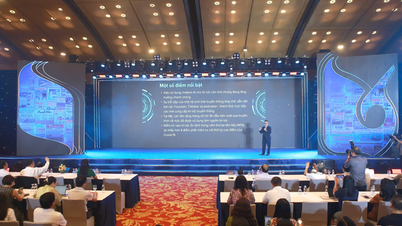































Comment (0)